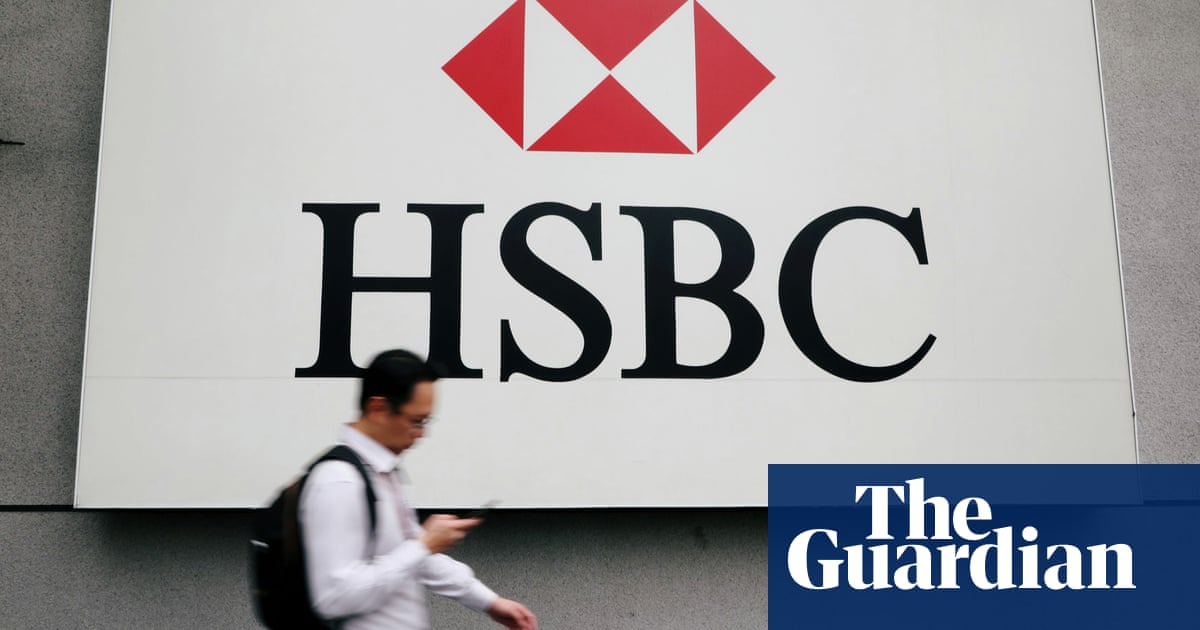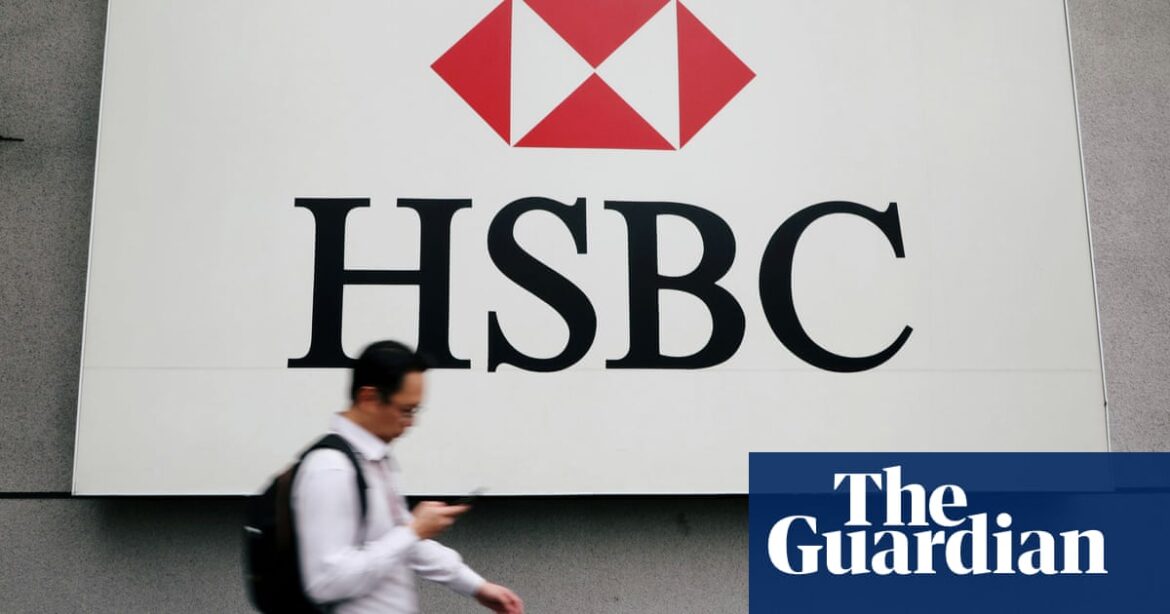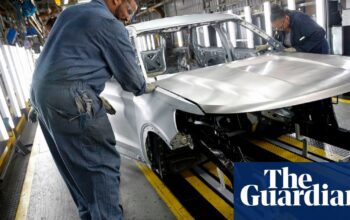
HSBC has sounded the alarm about the impact of higher trade tariffs on economic growth, unemployment and inflation around the world, as it set aside more money to cover bad debts and reported lower profits.
The UK-based bank reported a $200m (£149m) rise in expected credit losses to $900m in the first quarter, as it increased allowances to “reflect heightened uncertainty and deterioration in the forward economic outlook due to geopolitical tensions and higher trade tariffs”.
HSBC said: “A further escalation of tariffs and trade tensions could lead to lower trade volumes, investment, consumer spending and, ultimately, weaker global GDP growth.
“Supply chains could also come under renewed pressure from a fragmented trade landscape, which could cause inflation to rise again.”
However, Georges Elhedery, the chief executive, said: “Ourselves and our customers as a whole are hopeful that we can see progress in the trade negotiations between the US and a number of parties, including China.”
He added that the group did not forecast the “end of globalisation but a reconfiguration of globalisation” where trading partner corridors would “continue shifting geographically”.
He also said it was critical that the dollar maintained its status as the dominant currency, saying: “Trust and confidence in this risk-free asset is paramount.” Trump’s trade policy has led to a sell-off of US assets: stocks, government bonds, and the dollar.
HSBC said weaker economic growth and higher inflation created challenges for central banks, which were likely to be more cautious about the timing of interest rate cuts if inflation persists above target rates.
It has modelled different scenarios, and said these would lead to lower revenues, down by a low single-digit percentage, and a further $500m in bad debts.
It calculated that in its central scenario, taking into account higher tariffs announced by the US against its trading partners, and counter-tariffs, GDP growth in the most negatively affected markets could be an average of 40 basis points (bps) lower in the first year, and a further 20 bps lower in the second year. HSBC said mainland China, Hong Kong and Mexico were expected to experience the biggest negative direct effects because of their deep trade and financial links with the US economy.
Unemployment is also forecast to edge higher in many countries as a result of trade wars.
after newsletter promotion
Its worst scenario, which assumes an escalation in tariffs globally, would lead to a “deep global recession”.
HSBC’s warning came as Donald Trump’s erratic trade war triggered a slump in shipments to the US’s most important ports, amid the growing risk of a recession in the world’s largest economy. The number of vessels scheduled to arrive at the Port of Los Angeles next week is down by almost a third on the same period a year earlier.
HSBC reported a 25% drop in profit before tax to $9.5bn for January to March, down by $3.2bn, because last year’s profits were increased by the proceeds of the sale of its banking business in Canada and its entire division in Argentina.
Revenues in the first quarter were down by 15% to $17.6bn, reflecting the absence of the operations in Canada and Argentina. Excluding this impact, revenues rose, as it gained more customers in its wealth division in Hong Kong, and its debt and equity markets arm benefited from volatile markets.
Source: theguardian.com



